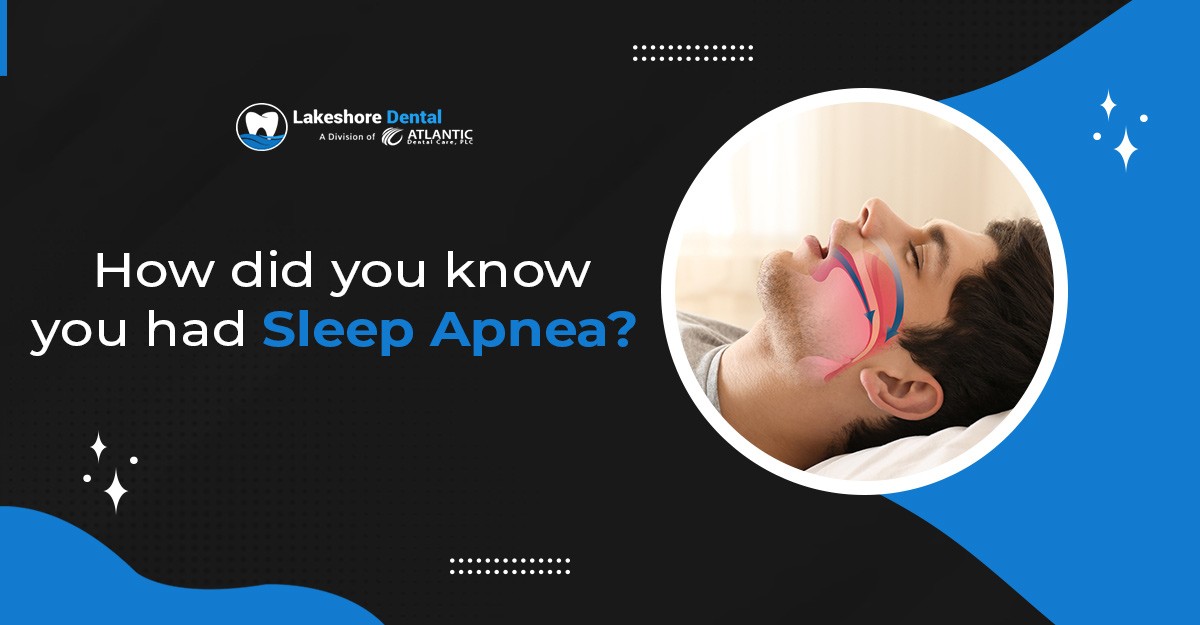
Sleep apnea is a serious condition that can cause sleep deprivation, fatigue, and other health problems. It is characterized by pauses in breathing during sleep, which can last for several seconds or even minutes. These pauses can disrupt your sleep and prevent you from getting the rest you need.
Treatment for Sleep Apnea
The most common treatment for sleep apnea is continuous positive airway pressure (CPAP). CPAP therapy uses a machine to deliver air pressure through a mask that you wear over your nose and mouth while you sleep. The air pressure keeps your airway open, preventing pauses in your breathing.
Signs You Might Have Sleep Apnea
1. Excessive Daytime Sleepiness
- Do you find yourself constantly tired, even after a full night’s sleep?
- Do you struggle to stay awake during the day, especially when sitting quietly or performing monotonous tasks?
- Have you experienced microsleeps, where you briefly fall asleep for a few seconds while awake?
Excessive daytime sleepiness is a hallmark symptom of sleep apnea. The pauses in breathing during sleep disrupt your sleep cycle, preventing you from achieving deep sleep and leaving you feeling tired and sluggish throughout the day.
2. Loud Snoring
- Are you known for your loud snoring, often described as gasping, snorting, or choking sounds?
- Does your snoring disrupt the sleep of your partner or others around you?
Loud snoring is another common indicator of sleep apnea. As your airway becomes blocked during sleep, the air you breathe produces a vibration that causes snoring. The severity of snoring can vary, but loud and disruptive snoring is often a sign of a sleep apnea problem.
3. Observed Pauses in Breathing
- Has your partner or someone who shares your bed observed you pausing in your breathing during sleep?
- Do these pauses last for several seconds or even minutes, followed by a gasping or choking sound?
Observing pauses in breathing during sleep is a strong indicator of sleep apnea. These pauses can be short or long, but they signify that your airway is becoming blocked, disrupting your breathing and oxygen supply.
4. Waking Up with Gasping or Choking
- Do you wake up gasping for air or feeling like you’re choking in the middle of the night?
- Do you experience these episodes several times a night, disrupting your sleep and causing anxiety?
Waking up gasping or choking is a common symptom of sleep apnea. These episodes occur when your brain senses a lack of oxygen and sends signals to wake you up, allowing you to resume breathing
5. Morning Headaches
- Do you frequently wake up with headaches that weren’t present before going to sleep?
- Are these headaches often accompanied by fatigue and difficulty concentrating?
Morning headaches can be a side effect of sleep apnea. The disrupted sleep and lack of oxygen can lead to headaches upon waking, further contributing to fatigue and daytime sleepiness.
6. Dry Mouth or Sore Throat
- Do you wake up with a dry mouth or sore throat, even if you haven’t been sick?
- Does this occur most mornings, leaving you feeling uncomfortable and parched?
Dry mouth and sore throat are common symptoms of sleep apnea. The repeated opening and closing of your mouth during sleep, often in an attempt to breathe, can lead to dryness and irritation.
7. Difficulty Concentrating and Irritability
- Do you find it difficult to concentrate or focus during the day?
- Are you easily irritated or frustrated, experiencing mood swings or changes in personality?
The lack of sleep and disrupted sleep patterns caused by sleep apnea can affect your cognitive function. You may find it difficult to concentrate, learn new things, or complete tasks efficiently. Additionally, the lack of proper rest can lead to irritability and mood swings.
If you are experiencing any of the signs and symptoms mentioned above, it is important to talk to your doctor. Sleep apnea can be a serious condition, but it is also treatable. With proper diagnosis and treatment, you can improve your sleep quality and live a healthier life.

